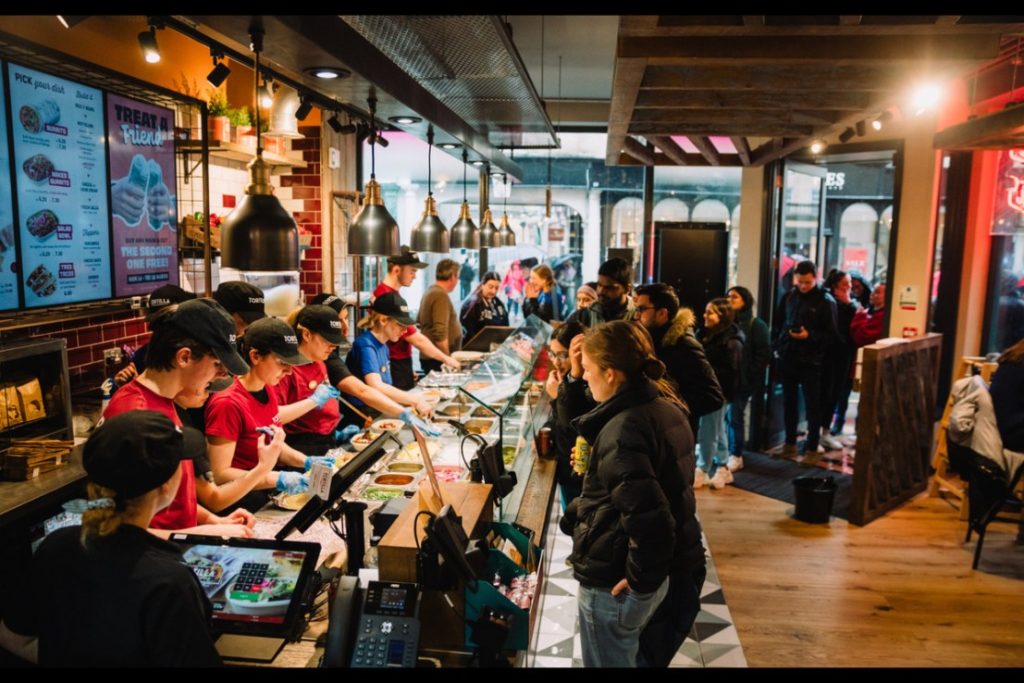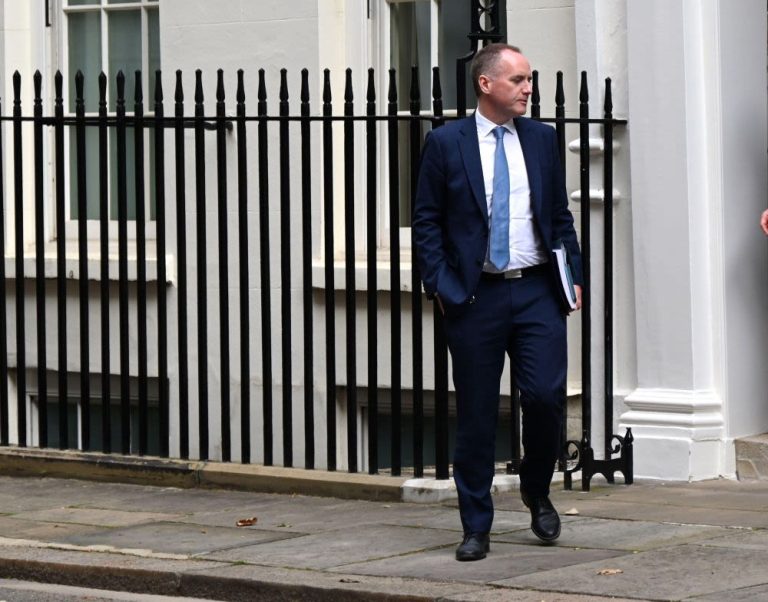
Hospitality crisis deepens as one in five firms exhaust cash reserves
Newly published data from four major trade bodies reveals that 20% of UK hospitality businesses now have zero cash reserves after bearing the brunt of last autumn’s Budget measures. As Britain’s pubs, restaurants and hotels struggle to absorb a barrage of cost increases, nearly eight out of ten operators have been forced to raise prices, while over half have cut jobs to stay afloat.
Surveying the damage: four trade bodies sound the alarm
The statistics come from a joint poll conducted by UK Hospitality, the British Institute of Innkeeping (BII), the British Beer & Pub Association (BBPA) and Hospitality Ulster. Key findings include:
- 20% of respondents report zero cash reserves remaining
- 69% hold less than six months of operating capital
- 79% have raised consumer prices since last October
- Over 50% have implemented staff redundancies
These figures starkly underscore the scale of financial strain plaguing the sector, which was already grappling with post-pandemic recovery. Now, higher payroll costs and increased employer taxes are tipping many businesses into distress.
Employer National Insurance hikes hit hospitality workforce hard
One of the Budget’s most damaging changes was a £24 billion increase in employer National Insurance Contributions. For labour-intensive industries like hospitality, the impact has been severe:
- An estimated £3 billion annual rise in labour costs, equating to roughly 10% extra per employee
- 84,000 fewer jobs created compared to projections without the NIC hike
- Many small operators report being unable to sustain existing headcounts
With 80% of hospitality workers in low-skilled roles, these extra charges have eaten directly into already minuscule profit margins.
Passing on costs: record price increases in hospitality
To offset rising overheads, 79% of hospitality bosses confirm they have hiked menu prices or room rates since last autumn. Consumers are feeling the pinch as entry-level dishes and basic drinks see double-digit price rises in some cases. While unavoidable for business survival, this risks driving footfall down further as diners trade down or stay home.
Job cuts mounting amid cash drought
More than half of hospitality firms surveyed have implemented redundancies or hiring freezes. With no reserves to fall back on, many operators see staff cost reductions as the sole lever to pull. But this creates a vicious cycle:
- High staff turnover and unfilled roles hurt customer service
- Reduced headcount can push remaining employees and owners to burnout
- Poor service and overworked staff contribute to weaker sales
The survey indicates that without urgent support, these job losses could accelerate heading into the winter season.
Industry pleads for targeted tax relief at upcoming Budget
In response to the survey, the four trade associations issued a joint appeal to the government to provide immediate relief in the next Budget. Their top three priorities are:
- Temporary VAT cut for hospitality to drive consumer demand
- Rollback or amendment of the employer NIC hike to reduce labour costs
- Permanent reduction in business rates for pubs, restaurants and hotels
They warn that without such measures, local venues risk permanent closure, jobs will be lost, and communities will suffer as gathering places disappear.
VAT reduction: a proven lifeline for hospitality?
A reduction in the standard VAT rate from 20% to a temporary 12.5% or lower is viewed as the quickest way to stimulate spending. Past evidence suggests that even a short-term cut can boost footfall, increase table turnover and help struggling firms regain momentum. Opponents, however, question whether consumers will pass on the savings or if businesses will reap the full benefit.
Business rates and Council Tax burden
High business rates remain a perennial headache for hospitality, with many premises assessed at values far exceeding their actual trading potential. Industry leaders argue that a permanent discount or relief scheme is essential to allow reinvestment in staff training, renovations and community outreach.
Looking ahead: the clock is ticking
With the Chancellor expected to deliver his autumn statement within weeks, hospitality chiefs say there is no time to lose. Every day of delay escalates the risk of closures and erodes the fragile financial buffers of thousands of operators across Britain. The sector stands ready to work with policymakers—but warns that ignoring these warnings could lead to irreparable damage by year-end.





